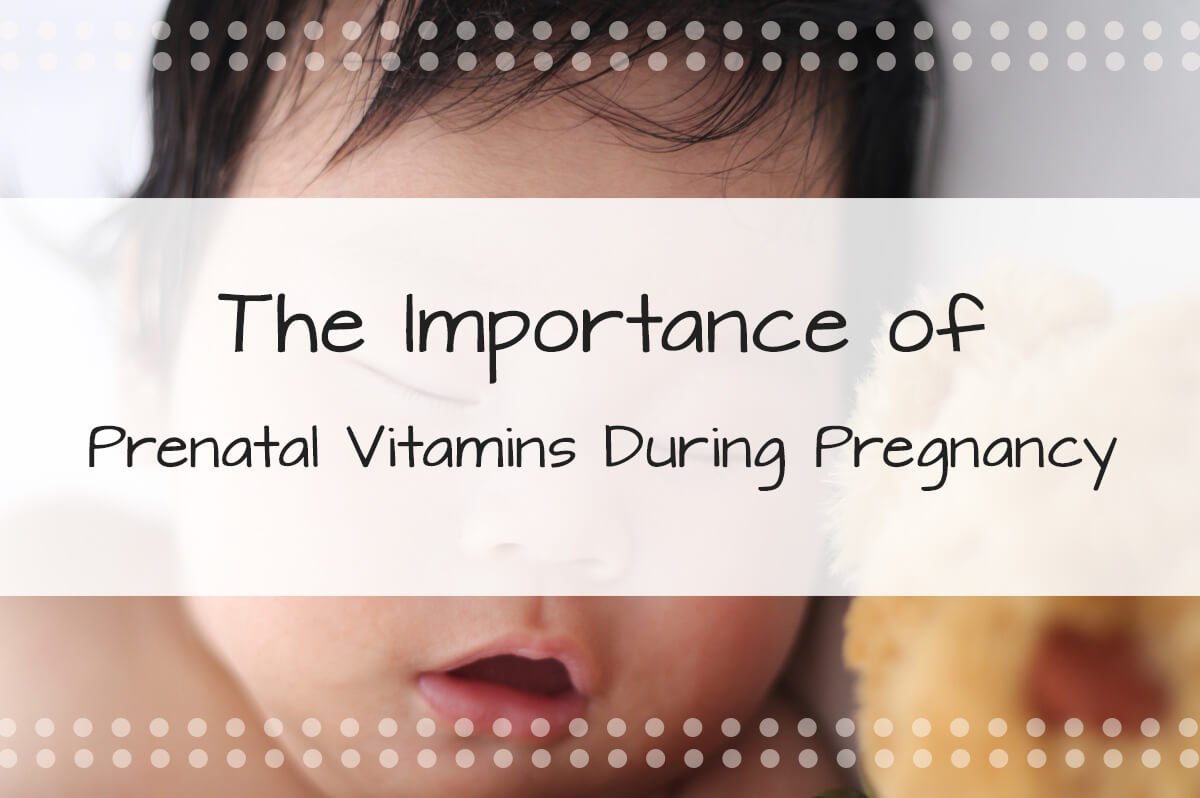
The Importance of Prenatal Vitamins During Pregnancy: Essential Vitamins For Surrogates To Sustain a Healthy Pregnancy
Hello surrogate mothers and potential surrogates! We have lots of great information in today’s blog to share with you before you undergo the embryo transfer, and as you take your surrogate pregnancy to full-term.
Health professionals recommend eating a healthy and balanced diet during pregnancy to ensure the health of both mother and baby. Even so, many healthcare providers also strongly recommend taking prenatal vitamins when pregnant as well.
The Importance of a Healthy Pregnancy
Women interested in becoming a surrogate should take steps to increase her chances of a healthy pregnancy. This is essential to the well-being and health of both the baby and the surrogate carrying the precious baby for another couple.
Women that desire to become a surrogate should take steps towards living a healthier lifestyle first. This includes eating a balanced diet with plenty of fresh fruits and vegetables to ensure that her body is in the best health possible to sustain a healthy pregnancy.
It is also crucial to have a regular exercise routine that strengthens the body overall and provides a good baseline for health in general.
So let’s get into the meat of why prenatal vitamins are so important for surrogate mothers to take!
Essential Prenatal Vitamins Most Healthcare Providers Recommend
While eating a balanced and healthy diet when pregnant is important for the health and well-being of the baby and surrogate, there are some essential prenatal vitamins that most obstetricians strongly recommend as an additional source of the necessary daily vitamin and mineral intake all pregnant women require.
There are many different brands that make vitamins to be taken when pregnant for women to consider. In general, look for a brand that contains the following essential vitamins. These include:
- Folic Acid
- Calcium
- Iron
- Vitamin D
- Iodine
- DHA
These 6 ingredients are considered essential for everyone, and a pregnant woman needs these vitamins to maintain their overall health throughout the months that she is carrying a baby and preparing for the eventual wonder of birth.
Each of the above vitamins has specific properties that the body needs to maintain good health. Read on for more in-depth details on each one.
#1 – Folic Acid
Folic Acid is considered a B vitamin necessary for normal growth and development that all humans need.
This vitamin is especially important directly before and during the earlier pregnancy stages to help prevent neural tube birth defects, alternately called NTDs, that occur in a developing baby’s spine and brain.
At Made in the USA Surrogacy, we have heard of the massive issues that can result in pregnancies where surrogates are low in their folic acid- it’s not a good picture!
Some promising studies show that folic acid can also help prevent the development of mouth defects termed cleft palate and/or cleft lip. Additionally, research links this vitamin to lower instances of various newborn heart defects as well.
Women that intend to become a surrogate should begin taking the recommended dose of folic acid at least one month prior to getting pregnant and throughout those early weeks when a baby’s brain and spinal cord are first developing. Later, this vitamin is essential in ensuring that the baby grows and develops to a healthy birth weight before delivery.
Foods that provide folic acid naturally include:
- Flour
- Breakfast Cereal
- Pasta
- Cornmeal
- Bread
There are some fruits and vegetables that contain this vitamin termed folates when obtained from a natural food source. These include:
- Orange Juice
- Beans & Lentils
- Leafy Green Vegetable like Broccoli, Spinach & Others
#2 – Calcium
Calcium is technically a mineral needed for the healthy development of a baby’s teeth, bones, muscles, heart and nerves during gestation.
Natural food sources that contain calcium include:
- Milk
- Yogurt
- Real Cheeses
- Other Dairy Products like Ice-Cream
- Kale
- Broccoli
- Orange Juice Containing Calcium
#3 – Iron
Iron is actually a mineral that your body utilizes to make essential hemoglobin. This is necessary for its ability to carry oxygen-rich blood to the vital organs such as the lungs. Iron is especially important during gestation as the baby needs to develop his/her own hemoglobin supply for survival.
Healthcare professionals estimate that a woman who is pregnant needs roughly twice as much iron than normal!
Natural food sources containing iron include:
- Leaner Meats, Seafood or Poultry
- Leafy Green Vegetable Sources
- Beans
- Raisins and Other Dried Fruits
- Nuts
- Various Cereals, Pasta & Other Iron-Enriched Foods
More healthcare providers and nutritionists recommend combining non-heme sources of iron from plants with foods/beverages rich in vitamin C or mixed with iron-rich meat, fish or poultry for better absorption of iron.
Problems that might occur during gestation due to iron deficiency include:
- Extreme Fatigue
- Anemia
- More Infections
- Low Birth-Weight Baby Risk
- Pre-Term Delivery Risk Increased
#4 – Vitamin D
Vitamin D is necessary for your body to absorb the calcium each day. When pregnant, this vitamin is crucial for the baby’s muscle, nerve, and immune system components to function properly. The baby needs vitamin D for healthy bone and teeth growth, and it is essential to ward off infections.
Our bodies naturally produce vitamin D when the skin is exposed to natural sunlight. However, too much sun exposure is dangerous for both mother and baby.
Good food sources of vitamin D include:
- Cereals & Other Foods Containing the Vitamin
- Milk with Vitamin D Added
- Fatty Fish Sources like Salmon
#5 – Iodine
Iodine is what the body naturally makes to develop healthy levels of thyroid hormones. Those hormones are necessary for the body to store or use body energy. Iodine is essential for a growing baby’s nervous system and brain development.
Natural food sources containing higher iodine levels include:
- Milk, Yogurt & Cheeses
- Fish Sources
- Iodized Salt – Should Be Listed on Label
- Fortified & Enriched w Iodine Breads, Cereals & Other Foods
#6 – DHA
DHA stands for docosahexaenoic acid, but this is commonly termed omega-3 fatty acids. This substance is necessary again for healthy development in general, and it is crucial for the healthy growth and development of a baby’s eyes and brain during gestation.
DHA is not always an ingredient in prenatal vitamins, and this can be found in natural based foods like:
- Fish with Lower Mercury Levels – Trout, Salmon, Halibut & Herring
- Eggs, Milk & Orange Juice with DHA Added
Why All Drugs, Supplements & Vitamins Should Be Monitored By a Doctor During Pregnancy
The human body is designed to take in the necessary supply of body fuel sources including vitamins, minerals, and healthy proteins and fats. The body typically eliminates unused fuel sources naturally.
Too much of some of these essential items can cause a toxic level to build up in the bloodstream that can be dangerous to health. Women who are pregnant need to have all of their drugs, supplements, and vitamins monitored by their doctor throughout gestation to ensure the safety and health of the baby.

Becoming a surrogate can be a wonderful journey. Contact us by filling out our form, or if you are a parent and need to find a surrogate- please fill in this form.
